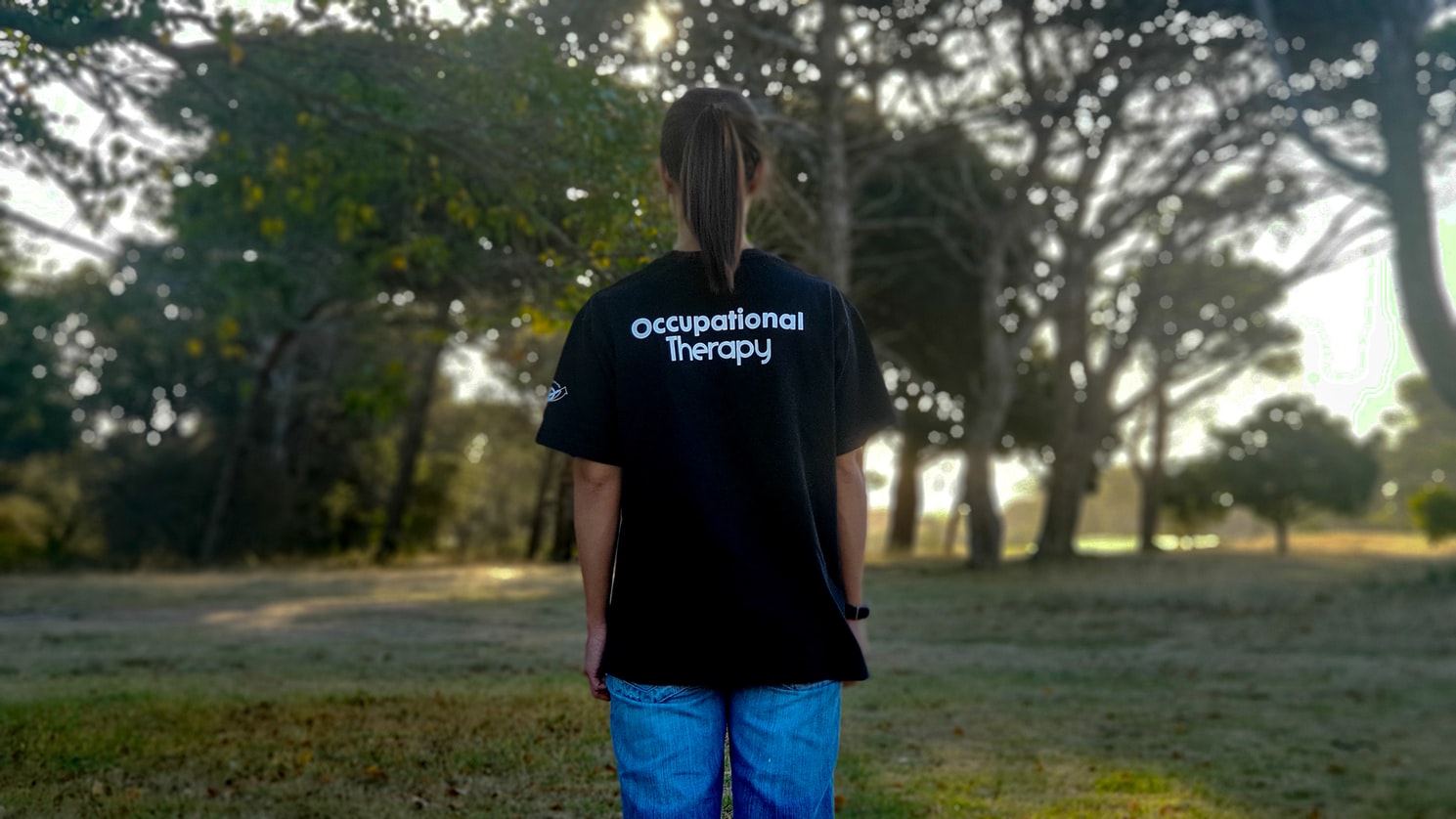Occupational Therapy: Occupational therapists focus on adapting daily activities to reduce joint strain and improve independence. They may recommend assistive devices, ergonomic modifications, or adaptive equipment to make tasks easier to perform. They often focus on treating disorders of the hands and upper extremities.
Occupational therapy interventions focus on adapting to the environment, modifying the task, teaching the skill, and educating the patient/family in order to increase participation in and performance of daily activities, particularly those that are meaningful to the client. Occupational therapists often work closely with professionals in physical therapy, speech therapy, nursing, social work, and the community.
The practice is a form of therapy that enables and encourages important day-to-day life activities such as self-care, work, education, and social interactions despite having an impairment in physical or mental function. Occupational Therapy benefits all genders and ages. The practice is able to improve and maximize function and performance for a healthier life. The goal is to help patients overcome physical, emotional, and social disabilities that prevent them from living a normal life. Patients learn how to be independent again by relearning different activities needed to function daily. Patients are taught important skills on how to achieve function, meaning, and satisfaction in all areas of life.

Occupation Therapy can treat people who have/had:
- Work-related injuries.
- Amputees and special prosthetics.
- Stroke or heart attack.
- Arthritis, multiple sclerosis, or permanent disabilities.
- Mental health problems.
- Head injuries.
- Severe burns and spinal cord trauma.
- Mentally ill or emotionally disturbed individuals.
If you require assistance, click here to contact our office and get started on your path to recovery.
